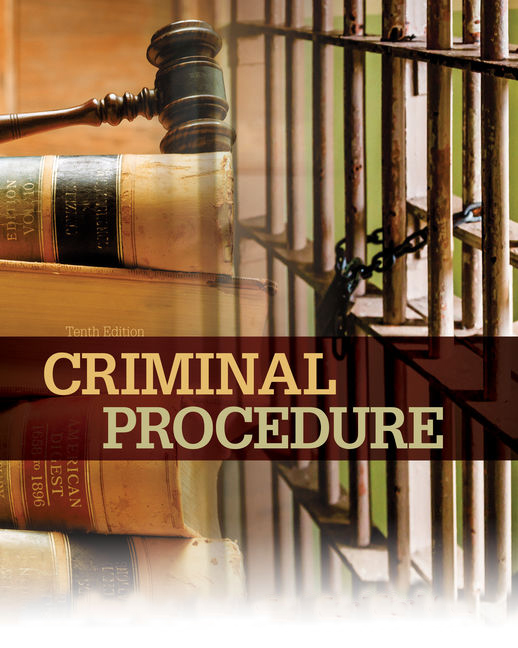Where the material facts and identity of the accused are known, complainant should lead evidence before the trial court U/S. 200 Cr.P.C: High Court of Delhi
In the facts and circumstances of a particular case, Magistrate may take cognizance on the basis of the complaint instituted before him and may adopt the procedure provided under sections 200, 202 of Cr.P.C. and if there is no substance in the prima-facie evidence adduced by the complainant, the complaint may be dismissed under section 203 Cr.P.C. This was held in KUSUM LATA v. STATE OF NCT OF DELHI & ORS[CRL.M.C. 1880/2020] in the High Court of Delhi by single bench consisting of JUSTICE SURESH KUMAR KAIT
Facts are that the petitioner is the mother-in-law of respondent and owner of the property, son of the petitioner and his wife were residing at the first floor of the said property. Petitioner had filed a complaint U/S.200 Cr.P.C. along with an application U/S.156(3) Cr.P.C against respondents alleging that they forcibly entered into the house of the petitioner and threatened them of dire consequences, which was dismissed. A revision petition U/S.397 Cr.P.C. was also dismissed.
The counsel for the petitioner submits that learned ASJ has not taken into consideration the fact that respondent vacated the house voluntarily along with her husband, and later forcibly entered the property in possession of the petitioner or broke locks, damaged CCTV camera and unlawfully restrained the petitioner, evidence for the same is available. Thus the same being a cognizable offence as held by the Hon’ble Apex Court in Lalita Kumari vs. Govt. of U.P. & Ors.: (2014) 2 SCC 1, FIR ought to have been registered in the instant case.
The prosecution for State has relied upon the ATR submitted by SI Ashok Kumar of Police Station Sagarpur, that there was a matrimonial dispute between respondent no.2 and her in-laws. As per available records no PCR call was received from petitioner herein and her husband. He further relied upon the case of Gulab Chand Upadhyaya vs. State of UP & Ors, where in it was held that where no witness need to be examined and neither recovery is needed nor any such material evidence is required to be collected which can be done only by the police, no “investigation” would normally be required and the procedure of complaint case should be adopted.
The court referred to the order of Court of Learned Metropolitan Magistrate., and made following observations, “Learned Metropolitan Magistrate has dismissed the application of the petitioner under section 156(3) Cr.P.C. by observing that all the facts leading to the complaint are within the knowledge of the complainant. Even identity of the accused is known to the complainant, evidence is within reach and no custodial interrogation is required.”
Considering the facts of the case and keeping in mind the provisions of law applicable. The Court held that, in accordance with the observation made by the courts below and the law discussed, the material facts of the present case are well within the knowledge of the petitioner including the identity of the accused persons. Hence, she can establish her case while leading evidence before the trial court under section 200 of Cr.P.C. Thus dismissing the petition.

